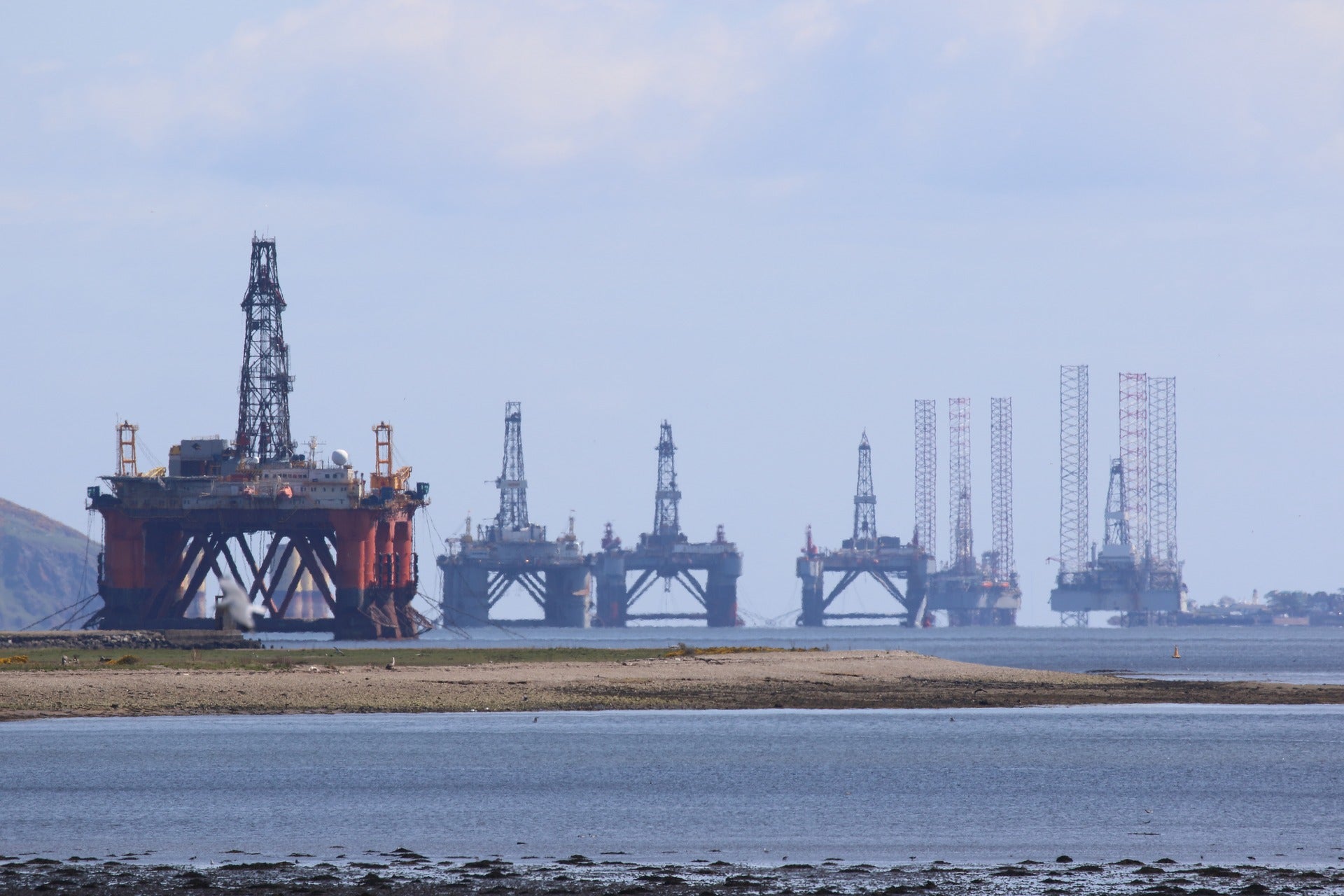
A federal judge in the US has invalidated the permits for the ConocoPhillips‘ Willow oil project in the National Petroleum Reserve in Alaska, citing serious issues with the environmental study.
The ruling by US district court judge Sharon Gleason voids the project permits issued by the US Bureau of Land Management (BLM).
Gleason said that the US BLM failed to include foreign greenhouse gas emissions in its alternatives analysis as part of the environmental impact statement (EIS), which was approved in 2020.
It also did not adequately investigate a reasonable range of alternatives for the project, the judge added.
Moreover, the US Fish and Wildlife Service (FWS) failed to outline specific measures to mitigate the impact of the project on fish and polar bears, Gleason noted.
The latest court decision nullifies all the project approvals and permits from the US BLM, as well as voids the FWS’s biological opinion.
How well do you really know your competitors?
Access the most comprehensive Company Profiles on the market, powered by GlobalData. Save hours of research. Gain competitive edge.

Thank you!
Your download email will arrive shortly
Not ready to buy yet? Download a free sample
We are confident about the unique quality of our Company Profiles. However, we want you to make the most beneficial decision for your business, so we offer a free sample that you can download by submitting the below form
By GlobalDataAs a result, the US Interior Department, which oversees the BLM and FWS, is required to restart decision-making processes for the project.
The court decision follows a preliminary injunction ordered by the US Court of Appeals for the 9th Circuit in February 2021 to temporarily restrain work at the Willow site, in response to the lawsuits filed by environmental groups.
The conservation groups claimed that the Trump administration failed to study climate change and other impacts prior to granting the final development plan approval for the project in 2020.
Commenting on the latest court decision, ConocoPhillips spokesperson Dennis Nuss was reported by Reuters as saying that the company plans to undertake a review and would evaluate its options for the oil and gas project.
Planned to be developed with an investment of between $2bn-$3bn, the Willow oil project would have a production capacity of more than 100,000 barrels of oil per day (bpd).







